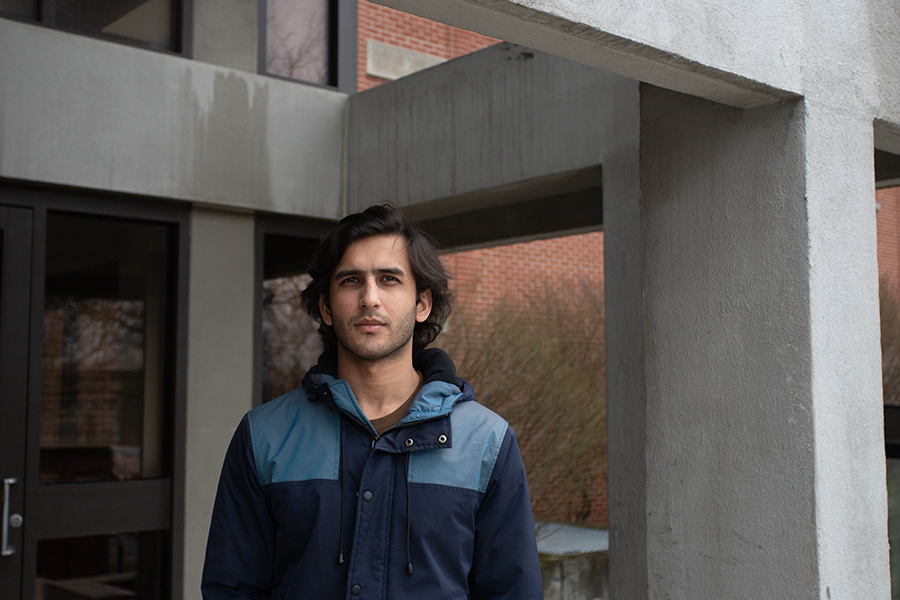Editor’s Note: This is a guest commentary. The opinions do not necessarily reflect the views of the editorial board.
As I sit in my dorm room, surrounded by the glow of multiple screens, it’s hard to escape the reality that technology has become an integral part of our college experience. From homework to digital social interactions, our lives are increasingly intertwined with screens. There is simply no escape. Personally, I find myself rarely reaching for a physical piece of paper to take notes. Through my observations, it’s apparent that the majority of students opt for laptops or iPads. Yet, as we embrace the conveniences of the digital age, it becomes imperative to reflect on the impact of this constant connectivity on our well-being.
College students, being at the forefront of this technological evolution, face the unique challenge of managing technology overload. The benefits are undeniable — easy access to information, efficient communication and enhanced productivity. However, the drawbacks are equally apparent — digital eye strain, disrupted sleep patterns and the looming risk of addiction to using technology in every aspect of life.
In our pursuit of academic excellence, we often find ourselves staring at screens for prolonged periods. The demand for Canvas Learning Management System (LMS) and digital note-taking blur the boundaries between work and leisure, making it challenging to disengage from the digital realm. The pressure to stay connected, coupled with the allure of social media notifications, adds an extra layer of complexity to our relationship with technology.
One of the immediate consequences of excessive screen time is the toll it takes on our physical health. Digital eye strain, characterized by symptoms like headaches and blurred vision, is a common affliction among students who spend extended hours on computers. The blue light emitted by screens can also disrupt our circadian rhythm, impacting the quality of our sleep and, consequently, our overall well-being.
So, how do we strike a balance between harnessing the benefits of technology and avoiding its pitfalls? It begins with a conscious effort to manage our screen time effectively. Implementing digital detoxes, setting screen time limits and incorporating mindfulness into our daily routines are crucial steps in fostering a healthy relationship with technology. I keep all my screens (Monitor, MacBook, iPad and iPhone) consistently set to night shift or reduced blue light mode, except when I need to perform tasks requiring precise color accuracy like color grading. From my personal experience, I highly recommend this practice as it has proven to be remarkably effective in reducing digital eye strain.
Furthermore, by recognizing the pivotal role that institutions like Ithaca College play in shaping students’ experiences, they can effectively integrate discussions on responsible technology use into their orientation programs. The overuse of screens especially before bedtime can disrupt sleep patterns, particularly because of the blue light emitted by devices. Poor sleep quality and insufficient sleep are linked to various mental health issues, including mood disorders and impaired cognitive function. Therefore, offering resources for mental health support can go a long way in addressing the holistic needs of students in the digital age. Our college provides mental health care services on campus, ensuring students have access to the support they need.
As we navigate the complexities of technology overload, we must share our experiences and strategies. By fostering open conversations about the challenges posed by the digital era, we can collectively work toward a more balanced and mindful approach to technology. Balancing screen time is not just a personal endeavor; It’s a collective responsibility that requires awareness, dialogue and a commitment to fostering a healthy digital culture on our campus.
Abdullah Farooq (he/him) is as sophomore advertising, public relations and marketing communications. Contact him at [email protected].














